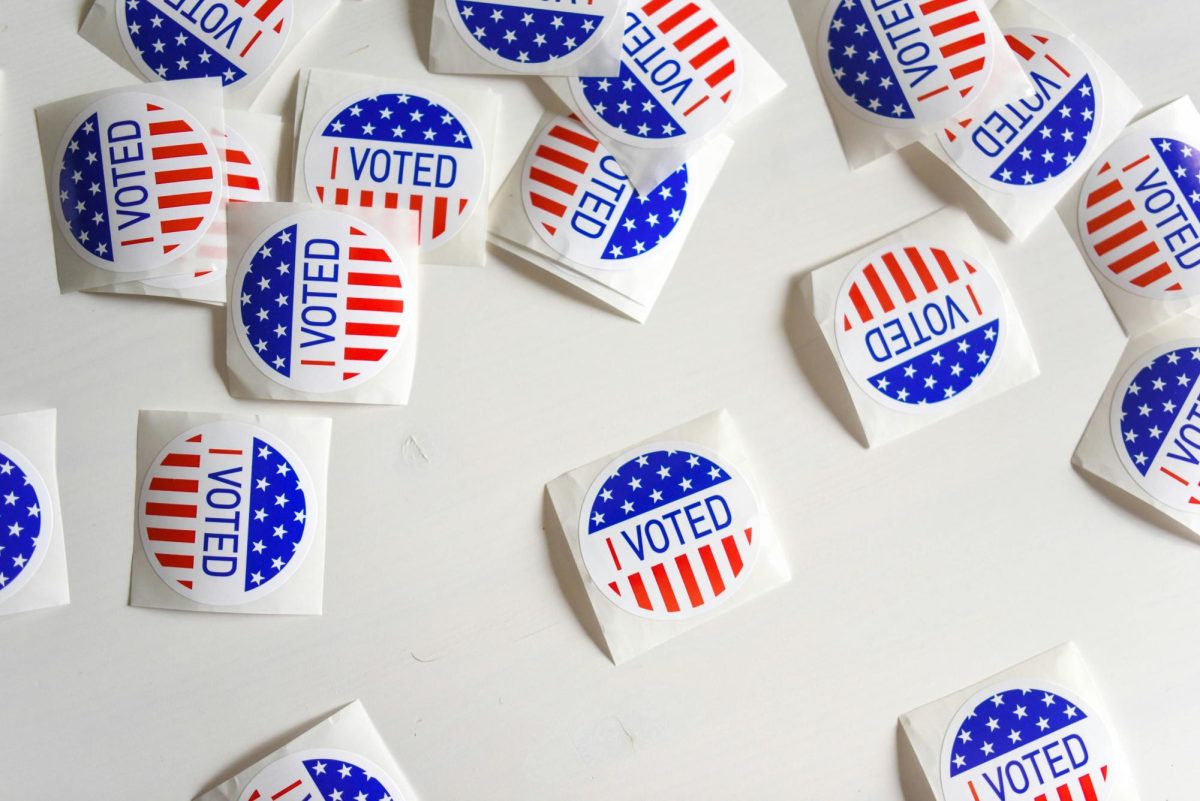Vice President Kamala Harris is considering a ban on food price gouging. Some are calling this a step in the right direction in lowering the cost of food, which in-creased by 25% from 2019 to 2023, according to USDA economic re-search service.
Price gouging is when the price of a product, service or commodity is increased beyond what is considered normal for its value. As of 2023, 37 states along with Guam and Puerto Rico, the U.S. Virgin Islands and the District of Columbia have price gouging regulations and statutes the books.
Some finance experts are skeptical about her plans and think more clarifications are needed to define price gouging and the legalities of the federal government setting the price of goods in a free marketplace.
As of 2023 Americans’ spending on food and drinks increased to $2.7 trillion.
Having more regulations about food nationally will help lower the cost of groceries, a set standard that is a baseline for states to work off for their individual markets. Obviously, the cost of something varies greatly from state to state, but there are some standards we stick to across the board.
Price control is needed, and Harris’ platform is an attempt at making things more affordable. We would also like to see more relief programs that go beyond WIC and SNAP, both of which need to be improved.
However, this is not what the campaign should be prioritizing now as there are more pressing is-sues to be addressed. By focusing on price gouging, Harris is neglecting the root of society’s problems.
Making sure every working American has a livable wage should be her first focus.
Housing insecurity is also on the minds of many Americans, as the price of rent and mortgages have also gone up since 2020. Set-ting caps on rent will have an immediate effect on people’s ability to put food on the table, more than a superficial ban on price gouging will.
If there was more funding for agriculture and increased government aid, the cost to consumers would stay low because farmers would not have to upsell their products.
We also need to have groceries n poverty-stricken communities. Some communities are in food deserts, which means that they have no access to a grocery store within a one-mile radius of their home. The government should incentivize grocery stores to create programs for low-income areas. If Harris’ platform gave priority to these areas, the impact would be greater than her ban on price-gouging.































